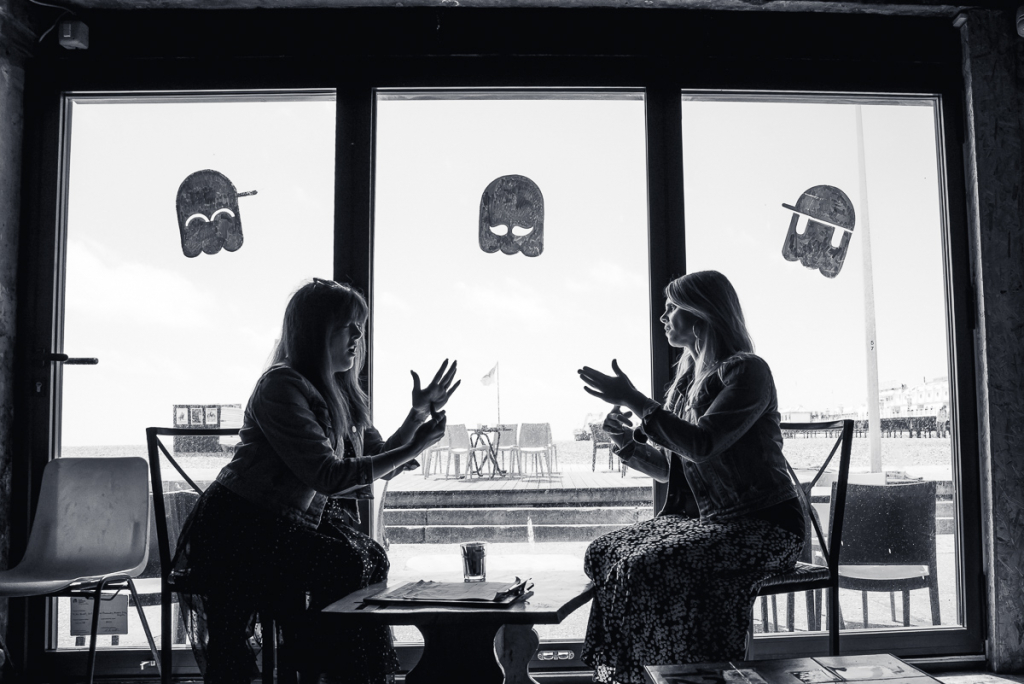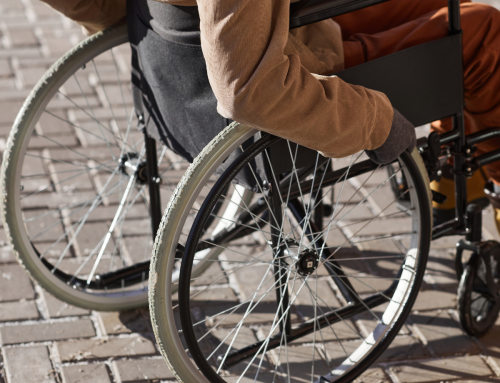At Enhance the UK, we frequently deliver Disability Awareness Training in schools, universities and businesses across the UK and abroad. One of our main focuses is on the teaching of British Sign Language (BSL). We regularly get asked about the difference between Makaton and BSL in these sessions and have realised how important it is that more people are made aware of these differences. It’s time to bust some more myths, here we go
Myth 1: Makaton and BSL – the same thing, right?!
Wrong! Whilst British Sign Language is a language (with its own grammar structure and complexities) used by people who are Deaf or hard of hearing to communicate. Makaton is not a language, but an assortment of signs that are used, in spoken word order, alongside speech to help, encourage and support those who have communication or learning impairments. With BSL, however, it is not physically possible to sign and speak at the same time due to the distinct grammatical differences between British Sign Language and spoken English, therefore representing just how complex BSL is. It is often the case that people stop using Makaton to support them once they have developed their speech and confidence. With British Sign Language, however, there is a pride and longevity attached to the language and the Deaf community.
Myth 2: BSL is easy.
Absolutely not. In fact, it takes approximately seven years to become a fully qualified British Sign Language interpreter. BSL is always evolving, alongside its community. There are dialects in sign language, just as there is in any spoken language in the world, and BSL has its own structure and grammar, supported by hand signs, expressions, body gestures and lip patterns. Makaton, however, has the same signs throughout the country, that are often taken from, or very similar too, those in BSL.
Myth 3: The same people use both Makaton and BSL.
This is actually very rare indeed. Whilst Makaton is used to aid communication and confidence for those who have communication struggles or a learning disability (mainly young children who are having trouble learning to talk), British Sign Language is taught to Deaf and hard of hearing children and adults, just as we learn English and a child from France would learn French. As Deaf people do not consider themselves to have a disability, and are simply using a different (but equally beautiful and complex) language, linking Makaton and BSL together can be considered quite offensive by the Deaf community.
Find out more about our BSL classes for organisations on our BSL page




